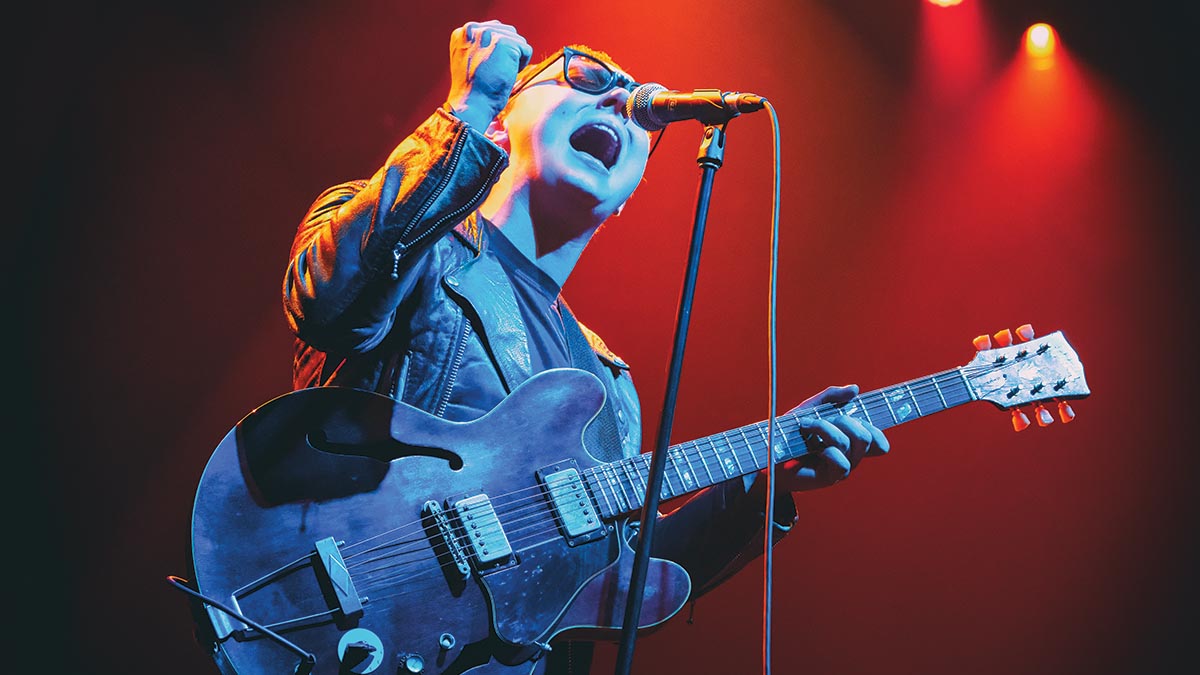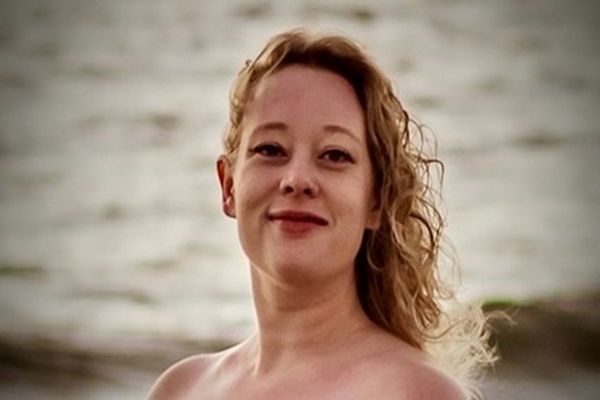
McKinley James is at the forefront of the current crop of new, young blues guitar players. Named after Muddy Waters (born McKinley Morganfield), it was a no-brainer that he’d gravitate toward the blues, although for James, there’s a hefty dose of vintage Stax soul in the mix.
Eschewing the predictable, over-the-top flash and bombast of so many axe-slingers, James’ playing is all about tone, touch and taste, with a mighty injection of hard-rocking energy in the mix.
You started out on Hammond organ. When and why did you move to guitar?
“I switched to guitar when I was about 11. I was never really super-serious about the Hammond, but I was hugely into Booker T. We had an old video of Booker T. & the MGs backing a whole bunch of Stax artists; watching Steve Cropper playing on that was what made me want to switch. Then I got into Link Wray and the great blues guys like Magic Sam and Otis Rush.”
You’ve gone from a three-piece to a two-piece – just you and Jason Smay (JD McPherson, ex-Los Straitjackets) on drums. What prompted the change?
“Our Hammond player left in October 2022. We thought we should see how things panned out as a duo, and we really liked the way it sounded. It caused me to change the way I play as well.
“I thought it might be easier to cover more sonic territory if I tried to play with a fingerstyle approach, with the thumb covering some of the bass range. It’s all about the size of the guitar tone to make things work without a bass player; I used to only play on the bridge pickup, but now I’m playing much more [on the] neck pickup.”
You have an economical style. Do you find that you deliberately stay away from over-playing?
“Definitely. What you don’t play is as important as what you do play. You need the space, as it makes the small things that you do seem bigger – and it makes it more memorable too. If you play a whole bunch of notes, it doesn’t resonate as much for the listener.”
I don’t use any pedals. Growing up, I never had pedals – and all the guitarists I loved never used pedals either
What are your primary electric guitars and amps?
“I’ve got a TK Smith Roadmaster that I love to use in the studio and live, but recently, with the switch to the duo format, I’ve been using a 1961 Gibson ES-330 that’s been refinished. It’s fully hollow – there’s no block down the middle, so when you’re on the neck pickup it sounds huge.
“For amps, I usually use a Fender Deluxe or Princeton and a Fender Reverb tank in the studio. Live, I have a Leslie, a Super Reverb and a Bassman, which has all the high end turned off for the extra low end it gives, to help give more weight to the sound.”
You’re not a big fan of pedals, are you?
“No, I don’t use any pedals. Growing up, I never had pedals – and all the guitarists I loved never used pedals either. There’s a lot of people that’ll say they want to try to get a particular classic sound and you’ll see they have this big pedalboard, but the people they’re trying to sound like never used pedals. It’s like they’re shooting themselves in the foot. [Laughs]”
- McKinley James Live is out now via Red Lodge Records.







